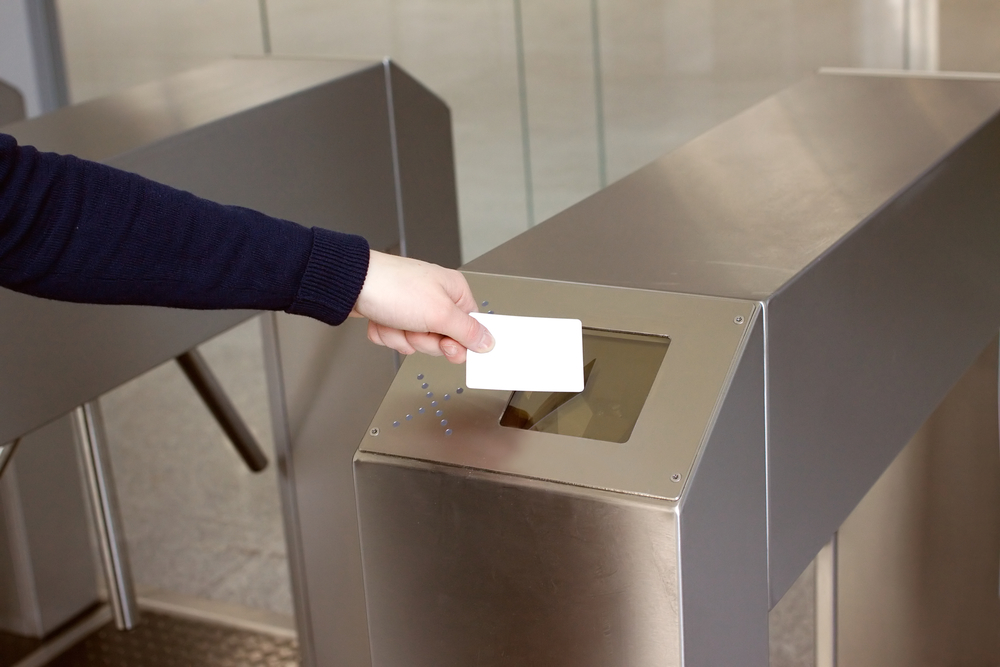Every property needs security, but nowhere requires a stronger or more comprehensive security system than a bank.
Banks come in all different shapes and sizes, but all have incredibly high security requirements and face a constant risk of theft, robbery, fraud and other crimes.
No commercial site needs an effective security system more than banks and there are a few key security services that are simply a must-have for these institutions.

These Include:
Security Guards
Security guards are present in pretty much every bank in the UK and for good reason. These expertly trained security professionals not only help to prevent unauthorised entrants from getting inside the bank and take charge in emergencies but will also answer the general queries that customers may have and help to reassure clients that their hard earned money is safe.
Bank security guards will often be asked to assist with staff security training to ensure that each and every member of the bank’s staff know the protocols for attempted thefts and other emergencies.
CCTV
Every bank must have CCTV, it is as simple as that. Surveillance cameras should cover all the key areas of the bank including the main floor, the entrance, the vaults, and pretty much everywhere else as well.
Bank CCTV should be fully operational 24 hours a day and leave anyone approaching the premises in no doubt that they are being closely watched.
Monitored alarm systems
It is vital that whatever time of the day or night a security breach is detected inside your banks that there is an instant and effective response by a highly trained security team.
Monitored alarm systems are a great way of guaranteeing a real-time response around the clock to security alerts, notifying a team of experienced security guards to the situation at hand who will instantly deploy to the site to deal with the situation at hand.
Many banks also have alarm systems in place that will automatically alert the police in the event of an activation.
Access Control
Access control systems can be used to restrict movement within the bank, ensuring that only authorised individuals can gain access to certain areas.
Just because someone works at the bank, does not mean that they have the required security clearance to access all area, and a key pad, key card, or biometric identification system allows you to grant and deny permissions to each area.
Cyber Security
In a world of online banking, cyber security is just as important, if not more important to the security of a modern bank as physical on-site security. It should, therefore, be given just as much thought and attention.
Many security firms will only offer physical security assets and you should consult with a firm that specialises solely in cyber security to optimise your online systems and guard against fraud, hacks, and information leaks.
For more information on any of the bank security services on this list, or to learn more about the best way to protect a bank from criminal activity, get in touch with select solutions security services now.
